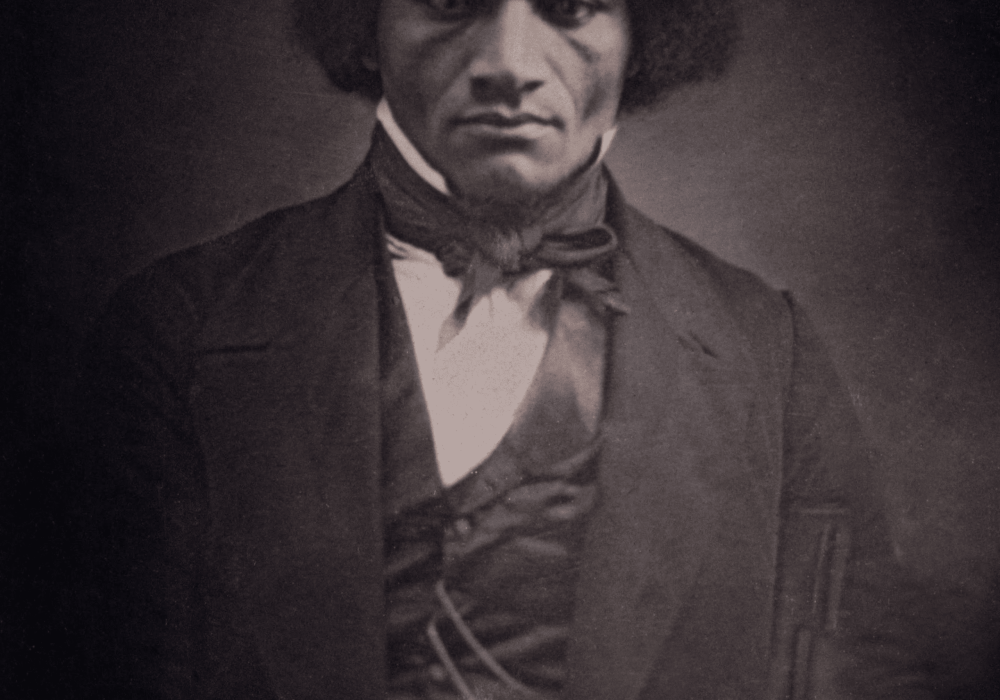Open to current graduate students students at the University of Chicago. Participants can come to whichever sessions they choose. Others interested in participating should contact info@lumenchristi.org. Wine and cheese reception to follow.
Frederick Douglass is, without a doubt, a great American writer and orator. Largely self taught, he wove together the traditions of American rhetoric and law, sacred scripture, classical insight, and the romantic language of his age. In so doing, he became a voice of conscience for the United States, a leading light in the abolition movement, and one of the most famous and respected men of his age–of any color.
Douglass has lasting importance, and his language remains fresh and immediate. His writing shows keen psychological insight, deep faith, and moral fervor. It also throws a unique light on turning points of our national history, on the ideals espoused by Americans, and the legacy these have unto the present day. Douglass’ writings deserve continued study and contemplation for their timeless insights into human nature and the moral life, and his uniquely powerful expression of what it means to be an American.
In a time where Americans are investigating anew the history of slavery and prejudice, Douglass provides a unique lens, grounded substantively in faith and authentic personal experience. This reading group will be an opportunity to explore important themes, like the grounds for an ethic of human dignity, the place of faith in public life, the nature of the American idea, and much more.
SCHEDULE
February 1 – What Does Slavery Do to Human Souls?
4:30-5:30 PM
Autobiography
- Selections from the Narrative of the Life of Frederick Douglass and My Bondage and My Freedom
February 8 – The Civil War and Meaning of the Union
4:30-5:30 PM
Speeches
- “The Mission of the War”
- “What to the Slave is the Fourth of July?”
February 15 – Postwar
4:30-5:30 PM
Journalism
- “The Lessons of the Hour”
February 22 – Reckoning and Reconciliation
4:30-5:30 PM
- ‘To my Former Master”
- Chapter 37, the reunion narrative, from Life and Times of Frederick Douglass

